
Productivity
Productivity refers to the efficiency of converting inputs into outputs. It is a measure of how effectively resources like time, labor, and materials are utilized to achieve desired results. Enhancing productivity involves optimizing processes, reducing waste, and maximizing output, ultimately driving economic growth and improving overall performance.

Why I don't work first thing on Mondays
Starting the week can be overwhelming, and diving into work first thing on Monday often amplifies this feeling. Instead, I prefer to take time for reflection and planning, allowing myself to ease into the week. This approach helps me prioritize tasks, set realistic goals, and mentally prepare for the challenges ahead. By taking a moment for myself, I can approach my responsibilities with renewed focus and energy, ultimately leading to a more productive and positive start to the week.

Millennials: Here's how to sound less out of touch at work
Understanding the millennial workforce is crucial for fostering a collaborative environment. To connect better, it's essential to stay informed about current trends, use relatable language, and be open to new ideas. Engaging in conversations about social issues and technology can help bridge generational gaps. Additionally, embracing flexibility and work-life balance resonates well with millennials. By actively listening and showing genuine interest in their perspectives, you can create a more inclusive atmosphere that encourages communication and innovation in the workplace.

How to spot content marketing in search results
Content marketing can often be identified in search results through its focus on providing valuable, informative, and engaging content rather than direct sales pitches. Look for articles, blog posts, videos, or infographics that address specific questions or topics relevant to your interests. These pieces typically feature strong headlines, well-structured information, and calls to action that encourage further exploration. Additionally, content marketing often uses SEO strategies to rank higher, making it easier to find quality resources through organic search.

3 ways to power up mentorship to move your career forward
Mentorship can significantly enhance your career progression by fostering meaningful connections, gaining valuable insights, and expanding your professional network. By actively seeking out mentors who align with your goals, you can benefit from their experience and guidance, helping you navigate challenges and seize opportunities. Additionally, engaging in reciprocal relationships allows you to share your knowledge, creating a supportive environment that encourages growth for both parties. Embracing mentorship is a powerful strategy to accelerate your career trajectory and achieve your aspirations.

It's ok not to have goals
Embracing the idea that it's okay not to have goals allows for a more fluid and spontaneous approach to life. This perspective encourages individuals to prioritize self-discovery and personal growth over rigid expectations. By freeing oneself from the pressure of constant achievement, one can explore new experiences and cultivate meaningful connections. This mindset fosters creativity and mindfulness, enabling individuals to appreciate the present moment rather than fixating solely on future aspirations, ultimately leading to a more fulfilling and balanced life.

How to write real good
Writing well involves clarity, coherence, and creativity. Start by understanding your audience and purpose to tailor your message effectively. Organize your thoughts logically, using a strong structure with a clear introduction, body, and conclusion. Focus on choosing precise words and varied sentence structures to keep the reader engaged. Revise your work thoroughly, paying attention to grammar and style, and seek feedback from others. Ultimately, practice consistently, as developing your writing skills takes time and dedication.

What to expect when moving from a small company to a big(ger) one
Transitioning from a small company to a larger organization can bring significant changes in work dynamics and culture. Employees may experience more structured processes and formalized roles, leading to increased specialization in tasks. Communication might become more hierarchical, potentially slowing decision-making. Opportunities for professional development and networking often expand, while the sense of community may feel different due to a larger workforce. Adapting to these shifts requires flexibility and an openness to embrace new challenges and a broader organizational landscape.
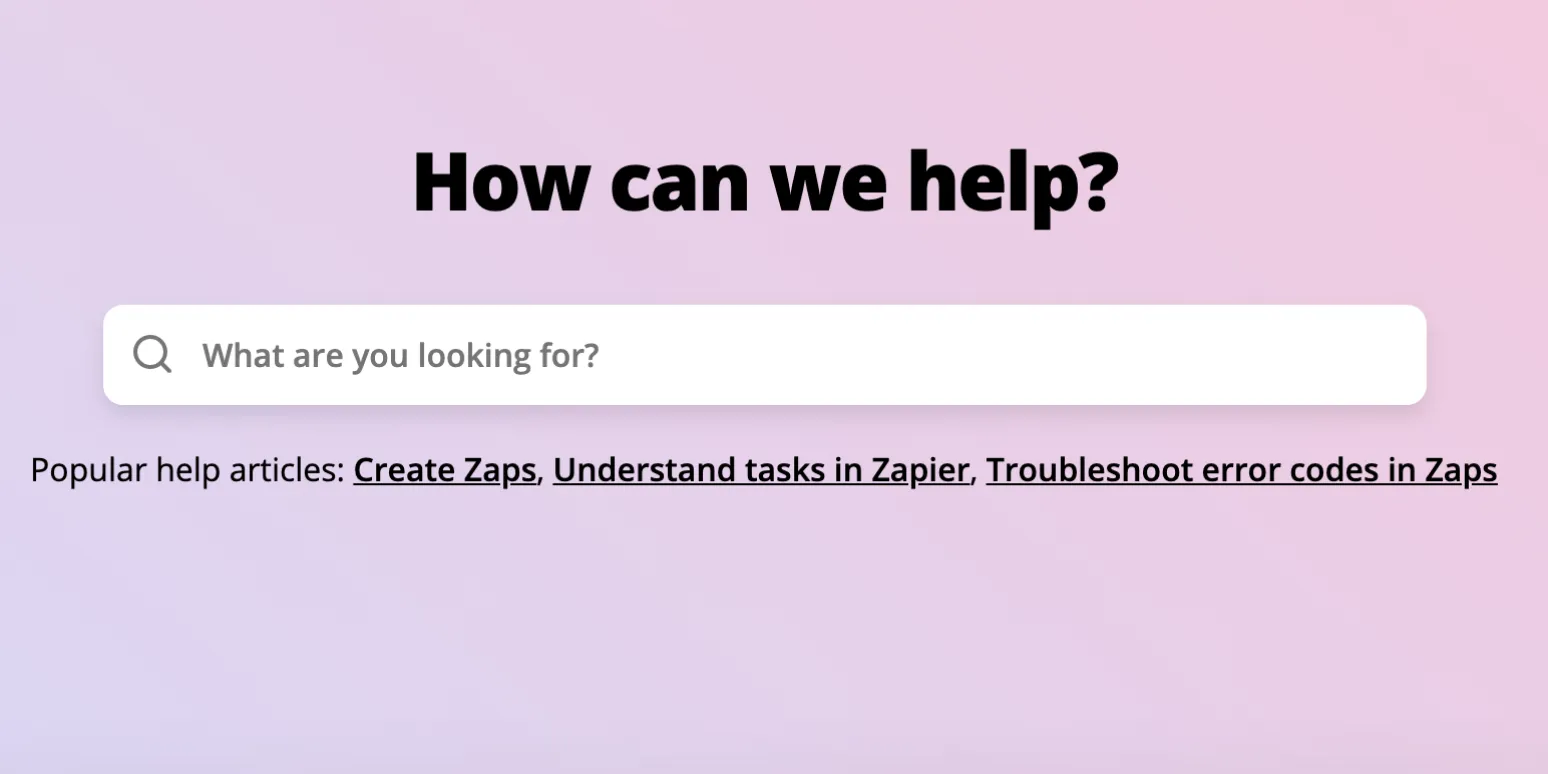
The trick to getting your support ticket answered in just one message
To ensure your support ticket gets answered promptly, clearly articulate your issue in a single, concise message. Begin with a brief summary of the problem, followed by relevant details like error messages or specific actions taken. Avoid unnecessary information that might dilute your request. Additionally, include any pertinent account information to help the support team locate your records quickly. By being direct and precise, you increase the likelihood of receiving a timely and effective response.

How to write a bio that gets results
Writing a compelling bio involves showcasing your unique personality and skills while clearly conveying your value. Start with a strong opening that grabs attention, followed by key achievements and experiences that highlight your expertise. Use concise language and active voice to maintain engagement. Tailor your bio to your audience, focusing on what they want to know about you. Incorporate a call to action or a personal touch to encourage connection, ensuring your bio resonates and prompts desired responses.
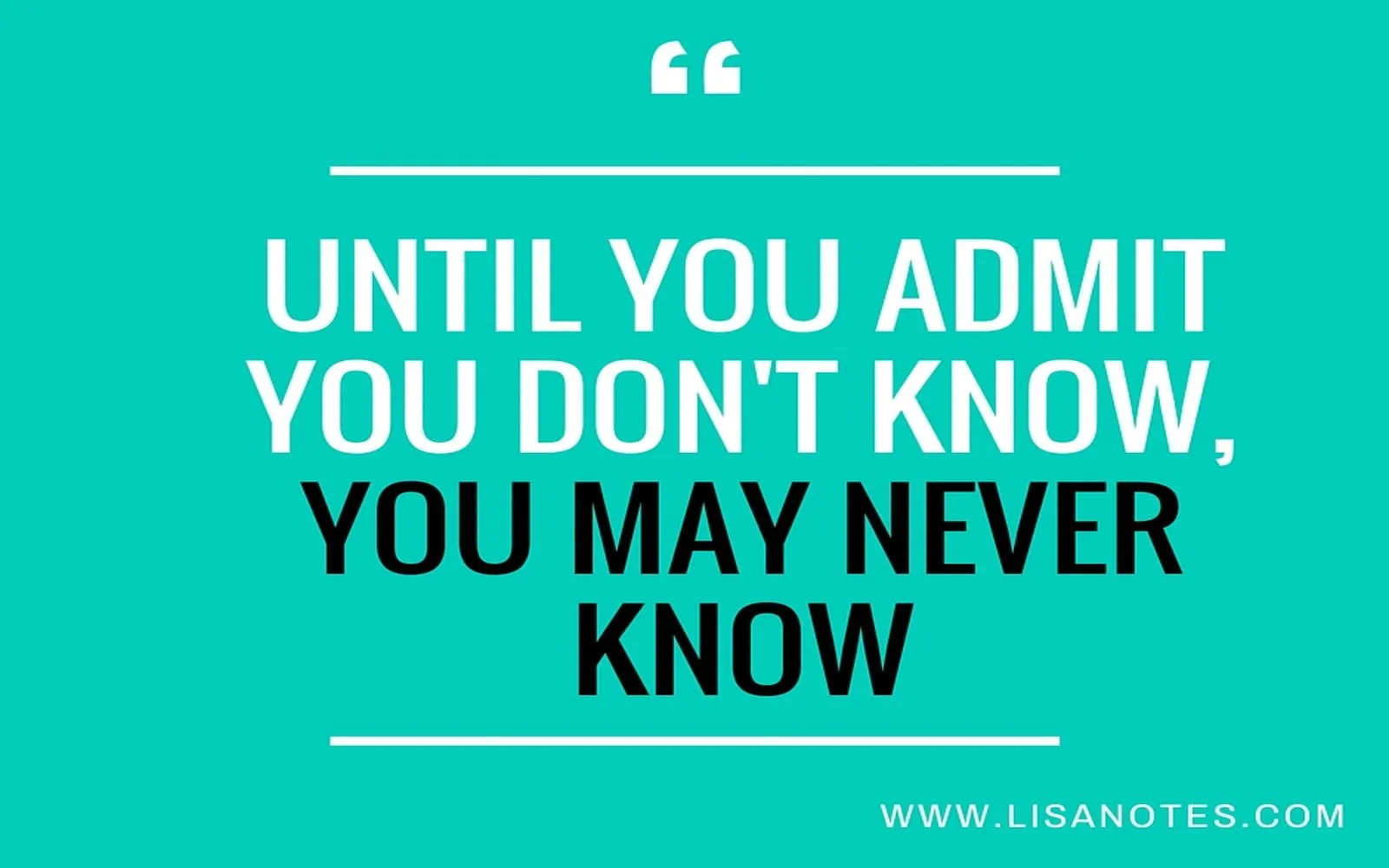
Admit when you don't know things
Acknowledging when you don't know something is a sign of strength, not weakness. It fosters a culture of honesty and openness, encouraging others to share their own uncertainties. This admission can lead to deeper learning and collaboration, as it opens the door to asking questions and seeking help. Embracing the unknown allows for personal growth and a greater understanding of complex topics. Ultimately, recognizing your limitations can enhance relationships and promote a more supportive and informed environment.

How to rebuild your habits in the aftertimes
Rebuilding habits in the aftertimes involves a mindful approach to change and adaptation. Start by reflecting on the habits you want to restore or develop, considering what worked for you before and what may need to shift in your new circumstances. Set small, achievable goals to gradually reintroduce these habits into your daily routine. Embrace flexibility and patience, allowing yourself to adjust as necessary. Surround yourself with supportive people and create an environment that fosters your desired habits, making the journey more manageable and enjoyable.
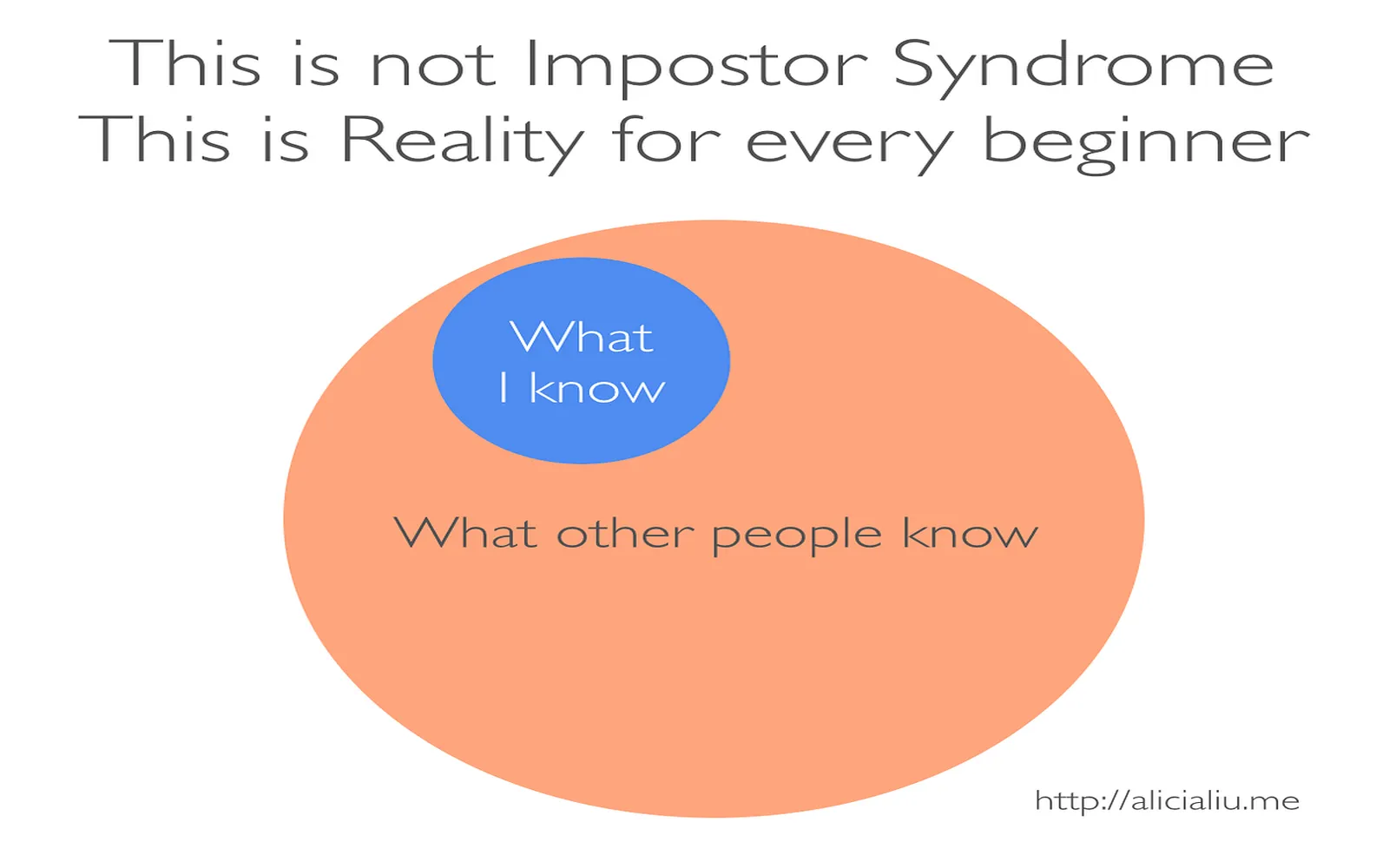
Actual impostors don't get impostor syndrome
Actual impostors often display a high level of confidence and self-assurance, making them less likely to experience impostor syndrome. This psychological phenomenon typically affects individuals who doubt their accomplishments and fear being exposed as frauds, despite evidence of their competence. In contrast, those who are truly deceptive may lack the self-reflection necessary to question their abilities, leading to a disconnect between their self-perception and the feelings of inadequacy experienced by those who genuinely struggle with self-doubt.

How to create a meaningful note-taking system
Creating a meaningful note-taking system involves identifying your personal learning style and selecting a method that suits it, such as digital tools or traditional pen and paper. Organize notes thematically or chronologically, and incorporate techniques like summarization, highlighting, and visual aids to enhance retention. Regularly review and revise your notes to reinforce understanding. Additionally, ensure your system is easily accessible and adaptable, allowing you to refine it as your needs evolve and facilitating better information retrieval in the future.
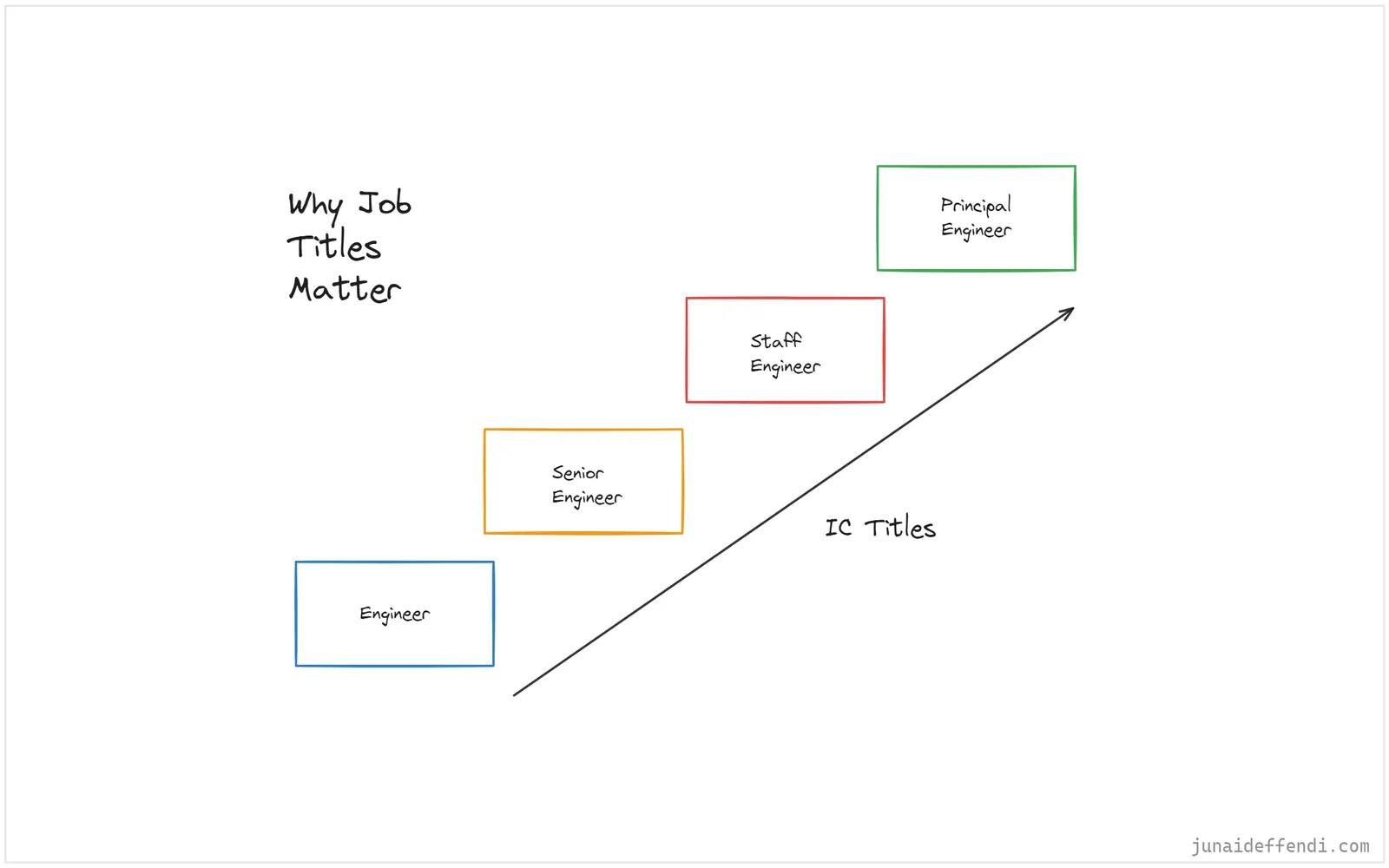
Job titles matter
Job titles play a crucial role in shaping perceptions within the workplace and beyond. They not only reflect an individual’s responsibilities and expertise but also influence career advancement opportunities and salary negotiations. A well-defined title can enhance credibility and authority, impacting how colleagues and clients view a person’s role. Additionally, job titles contribute to organizational structure and clarity, helping to delineate roles and expectations. Ultimately, they serve as an important tool for communication and recognition in professional environments.

5 steps to remembering names
Remembering names can be enhanced through a few effective techniques. Start by paying close attention when the person introduces themselves, repeating their name immediately to reinforce it in your memory. Create a mental image or associate their name with a familiar reference to strengthen the connection. Use their name frequently during the conversation to solidify your recall. Finally, review the names later in your mind or jot them down to reinforce what you’ve learned. These steps can significantly improve your ability to remember names.
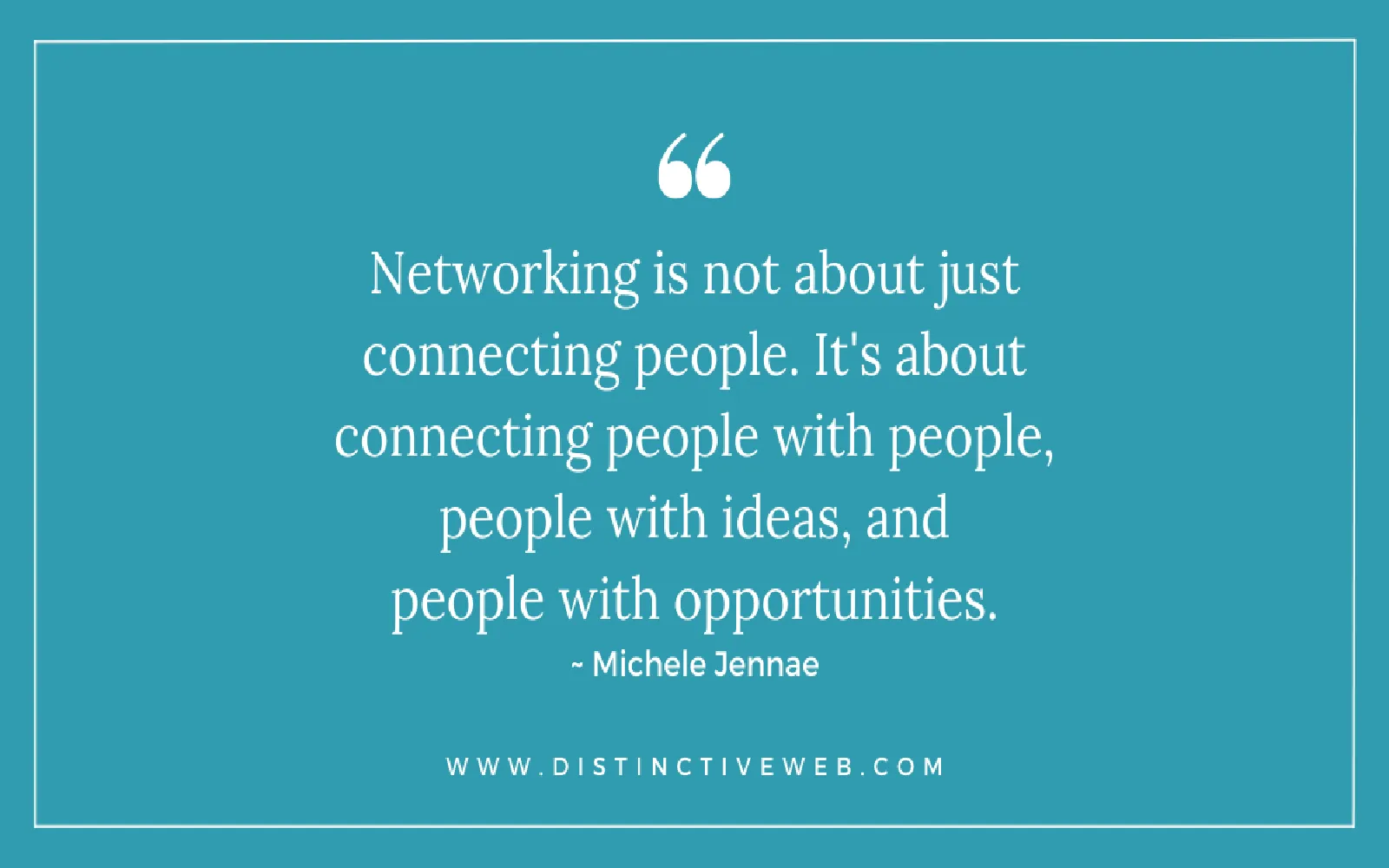
Forget networking—connect with people because they're interesting
Networking often emphasizes transactional relationships, but true connections stem from genuine interest in others. Engaging with people for their unique stories, perspectives, and experiences fosters deeper relationships that can be both enriching and fulfilling. This approach encourages authentic interactions, allowing you to learn and grow while forming bonds based on mutual curiosity and appreciation. By prioritizing meaningful connections over superficial networking, you create a supportive community that values authenticity and shared passions, leading to more rewarding personal and professional experiences.

3 ways to communicate like a leader in a changing workplace
Effective communication in a changing workplace requires clarity, empathy, and adaptability. Leaders should prioritize transparent messaging to ensure their team understands goals and expectations amid transitions. Actively listening to team members fosters trust and encourages open dialogue, allowing for diverse perspectives to be heard. Additionally, adapting communication styles to fit the needs of various team members can enhance collaboration and engagement, ensuring that everyone feels valued and included in the evolving work environment.

I don't do meetings on Fridays—here's why you shouldn't either
The article discusses the benefits of avoiding meetings on Fridays, emphasizing the importance of maintaining a balanced workweek. It highlights how Fridays often lead to decreased productivity, as many employees are mentally winding down for the weekend. By keeping Fridays meeting-free, individuals can use this time for focused work, reflection, or planning for the upcoming week. This practice not only enhances overall efficiency but also fosters a healthier work-life balance, ultimately contributing to improved morale and job satisfaction.

Productivity isn't the point
Productivity is often seen as the ultimate measure of success, but this perspective can be misleading. Focusing solely on output can lead to burnout and diminish creativity, as individuals may prioritize efficiency over meaningful engagement. True fulfillment comes from finding purpose and joy in the work itself, rather than merely increasing numbers. Embracing a more balanced approach that values well-being, collaboration, and personal growth can lead to a more sustainable and enriching experience, ultimately enhancing both individual and collective outcomes.

What my crying toddler taught me about stress and customer service
Navigating the challenges of parenting a crying toddler revealed valuable insights about stress and customer service. Just as a toddler expresses frustration through tears, customers often voice their dissatisfaction in various ways. Understanding their emotions and responding with empathy can transform a stressful situation into a positive interaction. Active listening and patience are essential, as is the ability to remain calm under pressure. This experience highlighted the importance of compassion and connection in both personal and professional settings, fostering better relationships and outcomes.